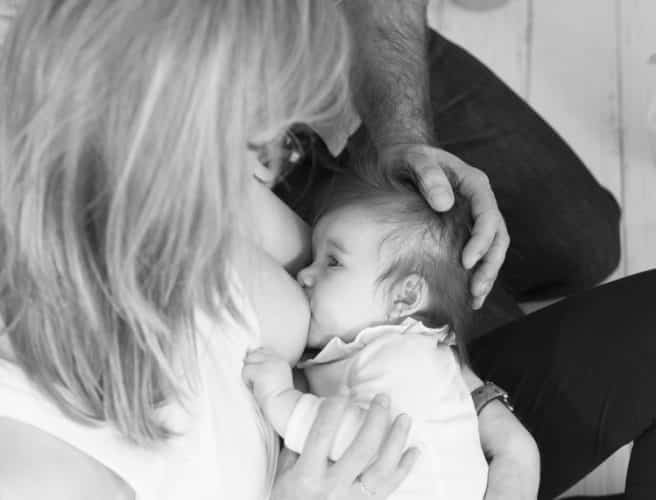Read the previous part of this article, Transporting Breast Milk.
Lisez la partie précédente de ce billet : Transport du lait maternel
Here is some important information you should remember about donating breast milk:
- Women are not paid for donating breast milk. Ethically and legally it is a voluntary donation;
- Women who give breast milk must feed their baby first before donating their surplus milk starting four weeks after childbirth;
- Women are not required to extract milk for the bank every day. Always go at your pace based on your capacities and production;
- There is no special diet that needs to be followed. Eat well from all food groups just like suggested for breastfeeding mothers;
- A donor needs to wait 12 hours after consuming alcohol before pumping milk. There is a limit to daily alcohol consumption for breast milk donors;
- Thawed milk cannot be refrozen;
- If you are going through life changes, have health issues, an infection, are taking medication, were vaccinated, travelling abroad, using drugs, or your sexual behaviour is risky, you have to notify the breast milk bank staff to see if you can continue donating;
I find giving breast milk to help needy babies is a beautiful, thoughtful gift. It’s not often that you can say you are helping to save lives, prevent illnesses and serious complications. You can feel proud by contributing to something profound.
If you want more information about Quebec’s Public Breast Milk Banks, the contact information is below:
Telephone: 1-800-565-6635 or 514-832-5000 ext. 5253
Email: [email protected]
Par courriel: [email protected]
Talk soon,
Marie
The Baby Expert


